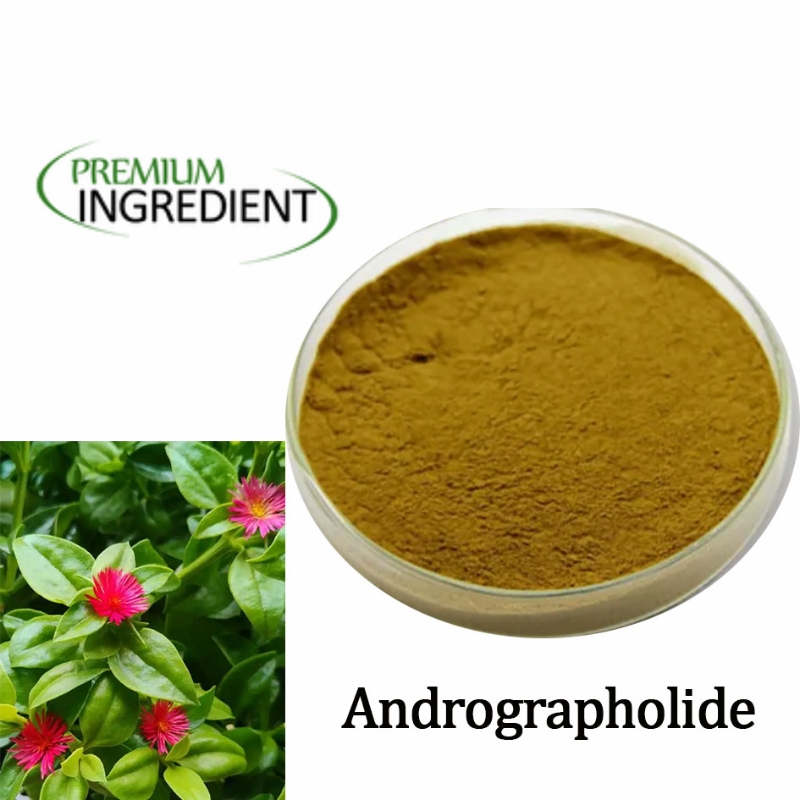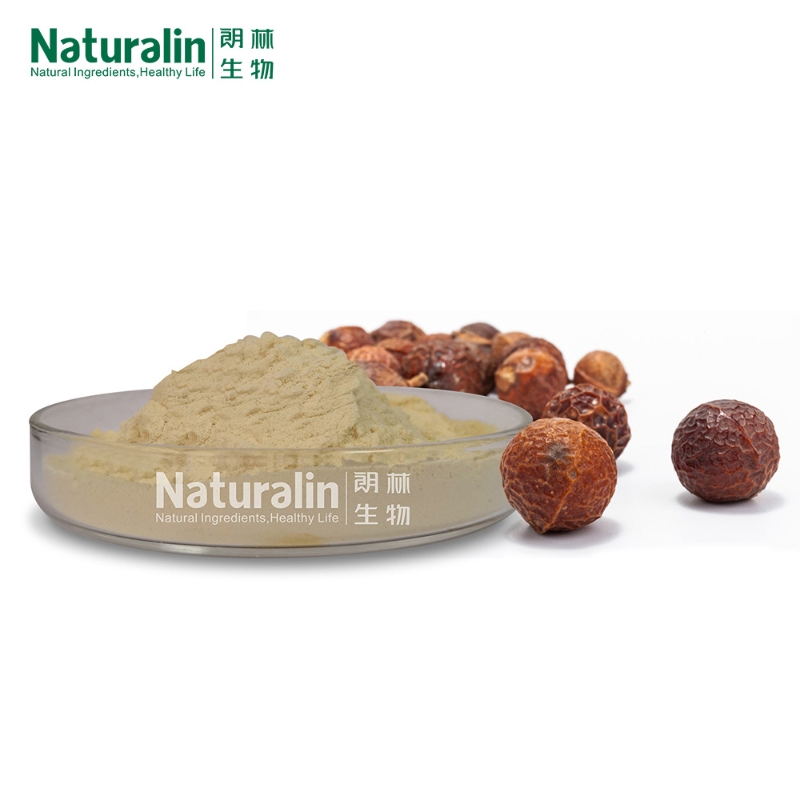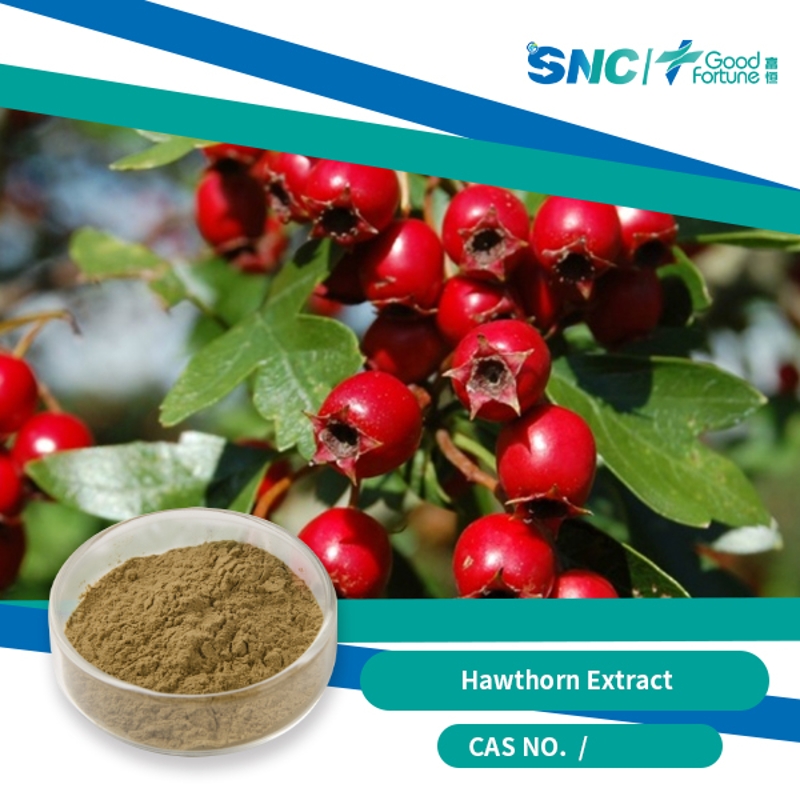It is found that sulfur dioxide in wine is a substitute
-
Last Update: 2012-12-26
-
Source: Internet
-
Author: User
Search more information of high quality chemicals, good prices and reliable suppliers, visit
www.echemi.com
The application of sulfur dioxide in wine making can prevent the oxidation and deterioration of wine, but it also has adverse effects on the health of some consumers At present, a three-year research project funded by the European Union for 5 million US dollars has found a synthetic substance that is expected to replace SO2 in wine making SO2 is usually shown on the label as e220, as a preservative in some dried fruits, as a bactericide and antioxidant in wine making Most people don't respond to trace SO2 in food and wine, but some people have allergic reactions, such as headaches The so 2say project, funded by the European Union, believes that they may have identified the two extracts as a substitute for sulfur Both substances are naturally produced in wine making If successfully applied to wine making, it will reduce the use of SO2 by 95%, the researchers said Some of the wines with these new compounds have been tasted in the UK, Spain and Germany They are no less valued than wines with added sulfur A batch of bottling in May 2012 will be opened by 9 partners of the project in January 2013 After 4 months, further tests will be carried out If successful, the technical feasibility of the synthesis of the new extract will be confirmed and the relevant authorization process will be started The main advantages of SO2 are its antioxidant properties and its inhibition of "enzymatic browning" of foods - for example, freshly cut apples It acts as a preservative for food and wine, preventing the growth and oxidation of microorganisms However, SO2 and sulfur seriously affect the intake of vitamin B1 The reduction of vitamin B1 intake will lead to several health problems, such as habitual headache, temporary memory loss, which is especially dangerous for asthma 10 mg of sulfur is enough for asthmatic patients to relapse Wine also contains other substances that can cause headaches and breathing difficulties, such as tyramines and histamines, but it is often blamed on sulfur - sometimes unfairly Many headaches after drinking are caused by drinking too much.
This article is an English version of an article which is originally in the Chinese language on echemi.com and is provided for information purposes only.
This website makes no representation or warranty of any kind, either expressed or implied, as to the accuracy, completeness ownership or reliability of
the article or any translations thereof. If you have any concerns or complaints relating to the article, please send an email, providing a detailed
description of the concern or complaint, to
service@echemi.com. A staff member will contact you within 5 working days. Once verified, infringing content
will be removed immediately.







